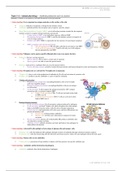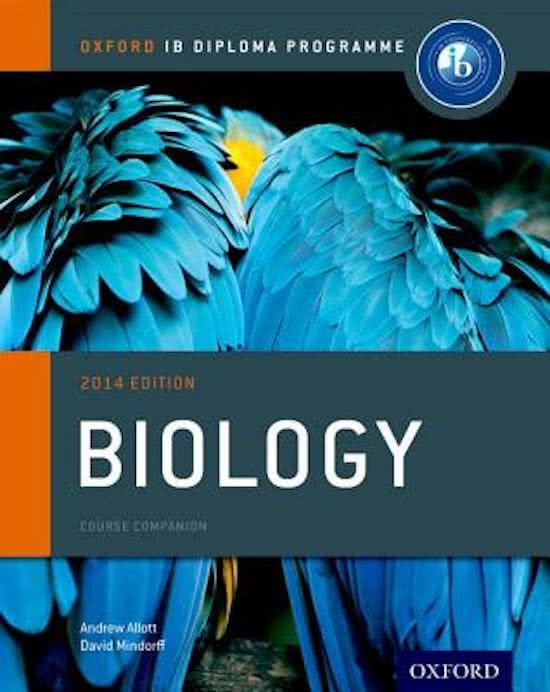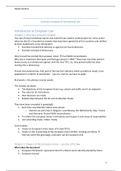Summary
Summary IB Biology Topic 11: Animal Physiology
- Module
- Institution
- Book
Detailed objective-by-objective summary notes for Topic 11: Animal Physiology for IB Biology HL. Contains information on everything you need to know from 11.1 to 11.4, according to each understanding, application or skill. Written by a IB HL Biology student who graduated with a 45/45.
[Show more]





